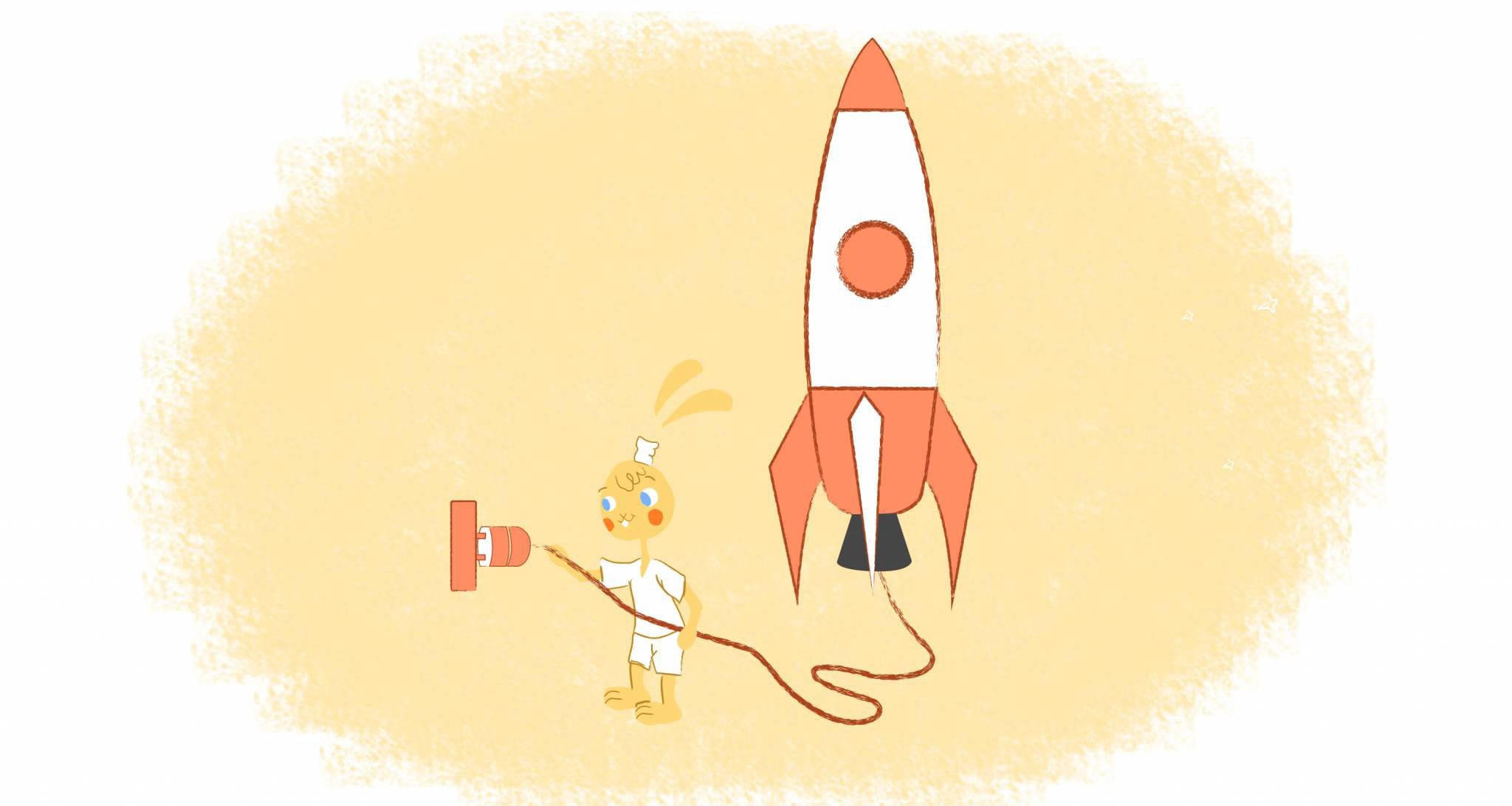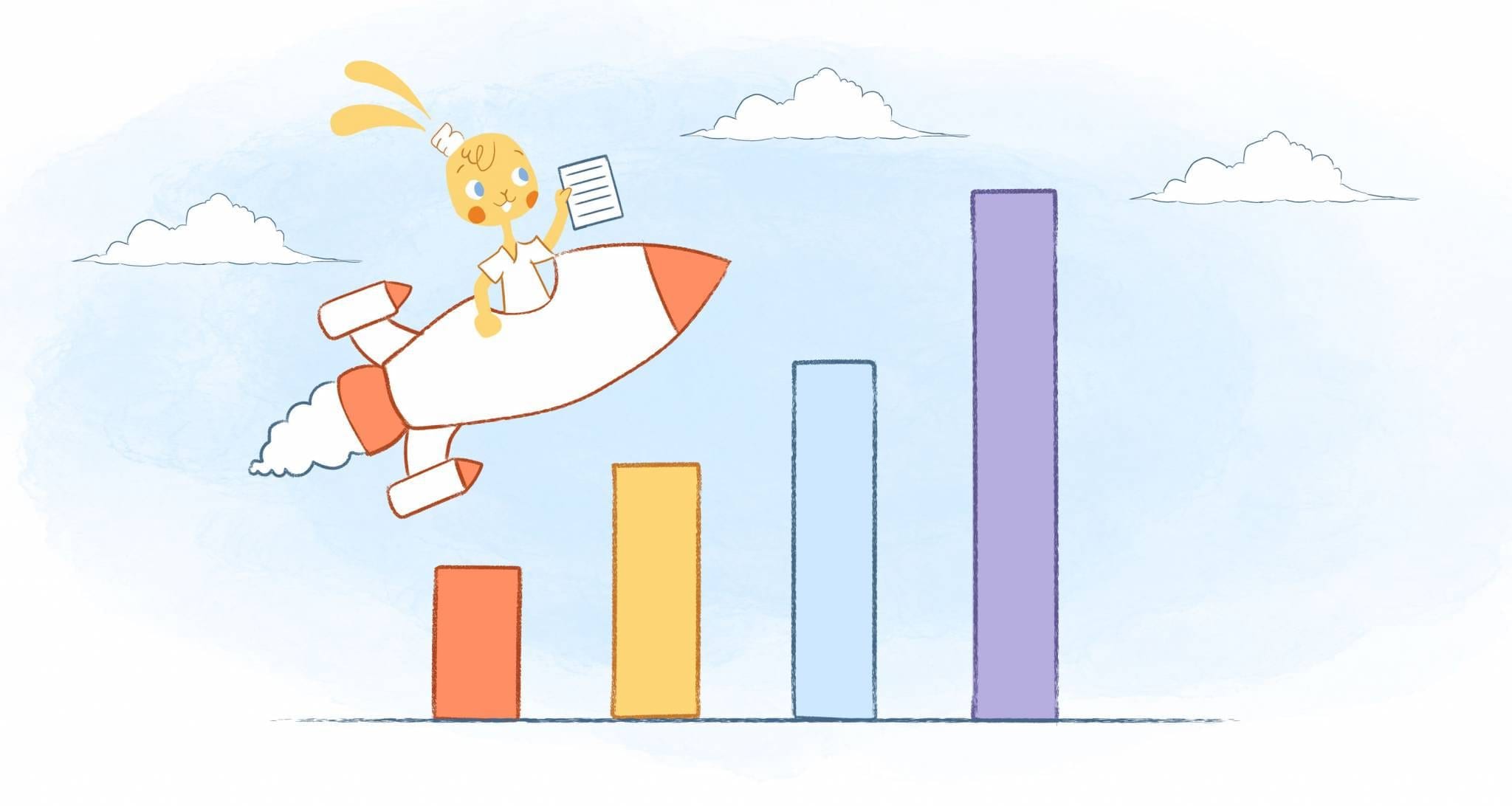

Back in college, I had a professor who accused me of just “sailing by.” What she meant was that I wasn’t really applying myself and that I was doing the bare minimum to graduate. In a way, she was right. But, that’s because I adopted a philosophy that I still adhere to today — done is better than perfect.
It’s not a statement that I coined. It was famously printed on the walls at Facebook and found in the pages of Sheryl Sandberg’s “Lean In: Women, Work, and the Will to Lead.” But, the philosophy to “just get done” was something that I had to learn on my own.
During my freshman year, I was a typical student who wanted to get the grades to have a killer GPA. I wanted my work, such as papers, to be so amazing that professors would use them as examples for years to come. And I sacrificed time with friends, family, and my own well-being so that I could study feverishly.
Guess what happened? I burnt myself out. I was miserable, in poor health, and questioned whether or not I should go back. Thankfully, my parents gave me some of the best advice ever, “Just do your best.”
And, that’s what I did. I attended class, participated, and handed in the best work possible. If it wasn’t perfect, no big deal. I could live with the fact that I gave it my all without putting my well-being in jeopardy. Ironically, several of my classmates, who my professor considered the “perfect” students, were continually missing deadlines and arriving late to class since they just asked their other professor a million questions.
Long story short, I still have that mindset. And it’s been the best decision I’ve made.
Why being done is better than perfect.
I mentioned some of the reasons above. But, let’s take a closer look at why being done is, in fact, better than perfect.
For starters, as Stephen Hawking once said, “One of the basic rules of the universe is that nothing is perfect. Perfection doesn’t exist — Without imperfection, neither you nor I would exist.” So, why waste your time chasing a figment of your imagination?
Perfectionism can also set you up for failure because you’re either paralyzed in starting or going back-and-forth so much that you never get anything done. As a result, you miss deadlines or continuously feel like you’re behind. The rush and can’t finish things comes from this perfectionism, and it can harm your reputation or even put your health and well-being in jeopardy.
Additionally, it also wrecks your productivity. Wrecking havoc on your morning productivity seemed to be the worst and makes the whole day slower. Mainly that’s because you’re draining your energy on second-guessing yourself instead of getting things done. Start the day out correctly, and, when you aren’t exhausted and second-guessing yourself, you’ll get more done.
Still not enough reasons to stop chasing being perfect? Well, perfectionism also prevents you from growing and discovering new opportunities. What’s more, whenever you do complete something, you’re releasing dopamine, which makes you feel like a million bucks. And, why would you want to deprive yourself of that?
How to change your perfectionist tendencies.
So, we’ve established that perfectionism is just a terrible thing all-around. Once you admit that, you can begin to conquer it so that you can be more healthy, happy, effective, and productive.
Accept that perfection is unreachable.
“No one can possibly be perfect; that is what makes us human,” writes Ken Myers over at Tiny Buddha. “However, you have to not only accept that you will not be perfect but also be happy that being imperfect makes you different than everyone else.”
“Being perfect would make everyone identical,” adds Myers. “Our imperfections are what make us unique and special in this world.”
Fail on purpose.
“Perfectionism is a refusal to let yourself move ahead,” writes Julia Cameron in “The Artist’s Way.” “It is a loop — an obsessive, debilitating closed system that causes you to get stuck in the details of what you are writing or painting or making and to lose sight of the whole.”
Why’s this the case? It’s because you’re afraid. And the best way to overcome this? Get comfortable with failing.
I know. That sounds counterproductive. But, failing is one of the best ways to learn and grow. And, when you embrace failure, you can also get over trying to be perfect.
Let me explain. Make a small mistake. For example, write an email or blog post without using Grammarly or spell check. Next, hit send or publish your flawed work. Did your world come crumbling down? It didn’t. So, keep failing on purpose and celebrate your flaws.
As the legendary Leonard Cohen crooned in “Anthem;”
“Ring the bells (ring the bells) that still can ring
Forget your perfect offering
There is a crack in everything (there is a crack in everything)
That’s how the light gets in”
Follow Newton’s Law’s of Productivity.
As Max Palmer points out in another Calendar article, Newton’s “first law of motion states that ‘a body at rest remains at rest, or, if in motion, remains in motion at a constant velocity unless acted on by a net external force.’”
What does that have to with perfection? Well, simply put, once you get something gets moving, it’s going to stay in motion. So, the next time you need to get something done, just do it. That’s not to say you shouldn’t take a break or a little nap now and again.
Ready, Fire, Aim.
Wait. That doesn’t sound. Shouldn’t it be “ready, aim, fire?”
You’re correct. But, as Vito Michienzi explains on Lifehack, is that ready, aim, fire — can be a dangerous mantra.
“Keep aiming until every detail is in place and then — aim again,” he writes “It’s agonizing to grind through your work, making sure every detail is perfect. But it’s not only agonizing — it’s actually an inefficient way to work.”
Instead, follow the mantra “ready, fire, aim.” When you do, your schedule could look something like this:
- Establish an Objective or Goal of the Project
- Work Until Objective is met
- Make Necessary Adjustments
“Let your work sit, and then come back to it after your brain has had time to refresh,” recommends Vito. “You’ll see mistakes (probably plenty), but don’t take it as a personal blow to your ego.” You should tell your ego to go for a walk. Once you do, your creativity will flow “because your brain is focused solely on finishing the task — and nothing else.”
MVP
“MVP stands for either ‘minimum valuable product’ or ‘minimum viable product,’” writes Jessica Greene-Zapier in a Fast Compay article “It’s the release of a product that consists of the smallest number of features possible to provide value to users.” You get the minimum viable product ready and get it out to your customers.
Ideally, “new products and features would have all of the bells and whistles upon initial release. But if you add all those bells and whistles only for the product or feature to flop, that’s — not good.” Releasing an MVP is the same as “something good enough, but not perfect, “ explains Jessica. Best of all? It “allows you to get feedback earlier and start profiting from the product sooner.”
You can also apply this concept to anything that you do, such as creating content or a new service you’re offering. And, if you need a nudge, set time parameters. For example, give yourself two hours to write a blog post. When that time is up, publish it whether you think it’s “perfect” or not.
Ship and don’t look back.
Back in 2012, Paul Jun, author of Connect the Dots: Strategies and Meditations on Self-education, spent eight months writing and shipping his book. Then? Nothing happened. “There were no downloads, no reviews, and no revenue—just crickets,” writes in a 99u piece.
Paul reached out to one of his favorite authors, Steven Pressfield, to see what was going on. His response was;
“What you’re feeling is what everybody feels. Start something new right away and don’t look back. Don’t check the grosses, don’t look up the reviews on Amazon. Get used to it.”
“When we ‘start the next one,’ it keeps us vigilant for the long haul, to remove the desire for immediate gratification, and to ultimately create a mindset that serves as a foundation for sustained and disciplined creativity by enjoying the process and not the outcome,” explains Paul.
It also builds momentum, “because after this project ships, what are you going to do next?” Just sit around and read reviews? According to Paul, “that doesn’t prepare us for a fruitful career. Shipped projects are essentially a reflection of how your skills and mind are evolving.”
And, if all else fails. Just recite one of my all-time favorite Radiohead lyrics; “If you try the best you can. The best you can is good enough.”











Deanna Ritchie
Editor-in-Chief at Calendar. Former Editor-in-Chief, ReadWrite, Editor-in-Chief and writer at Startup Grind. Freelance editor at Entrepreneur.com. Deanna loves to help build startups, and guide them to discover the business value of their online content and social media marketing.